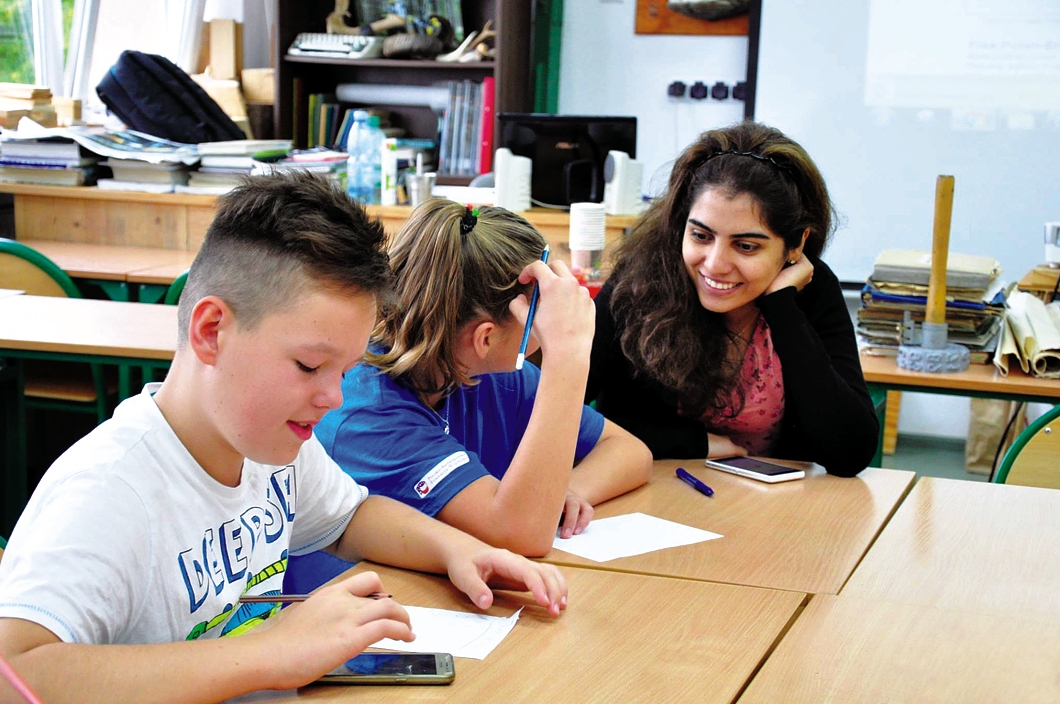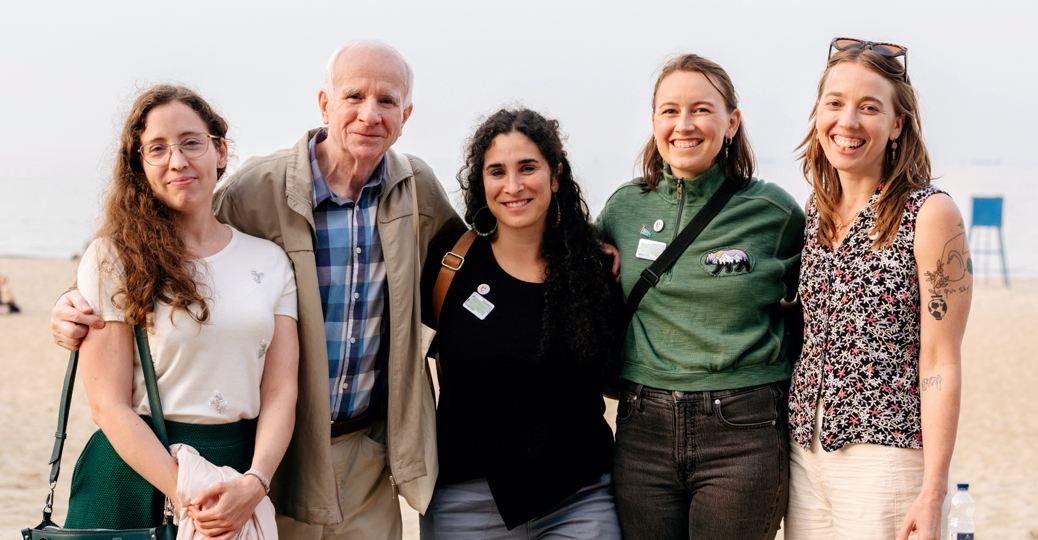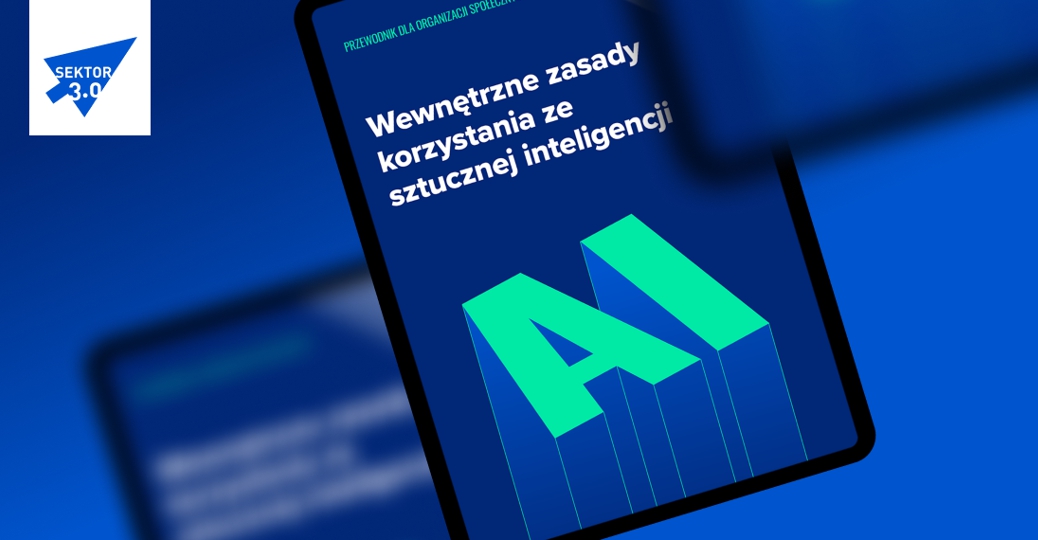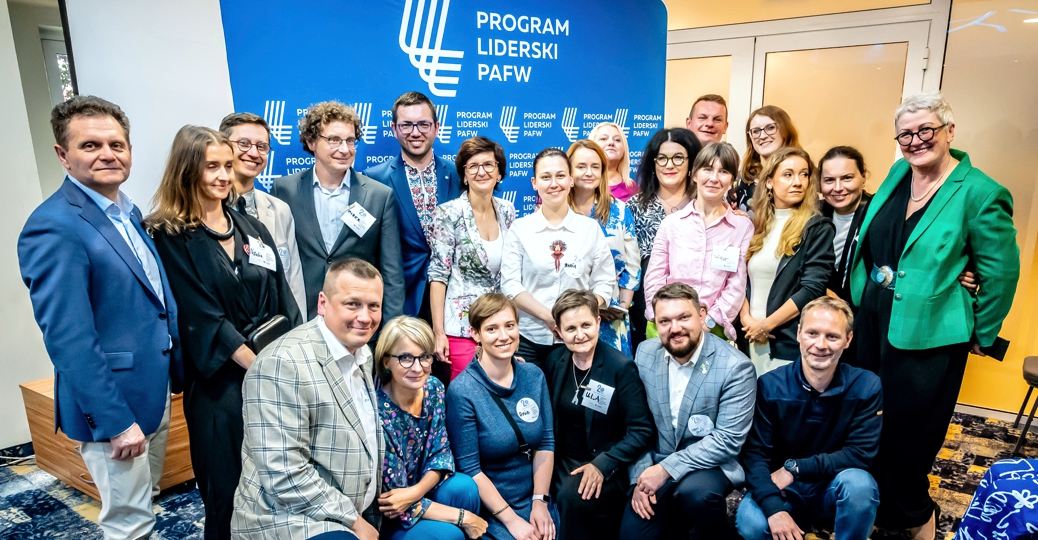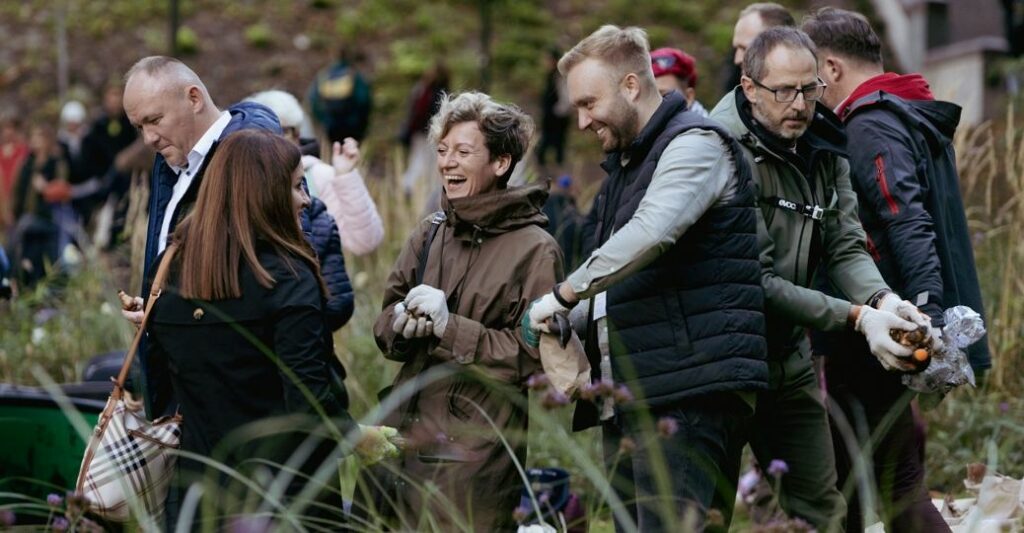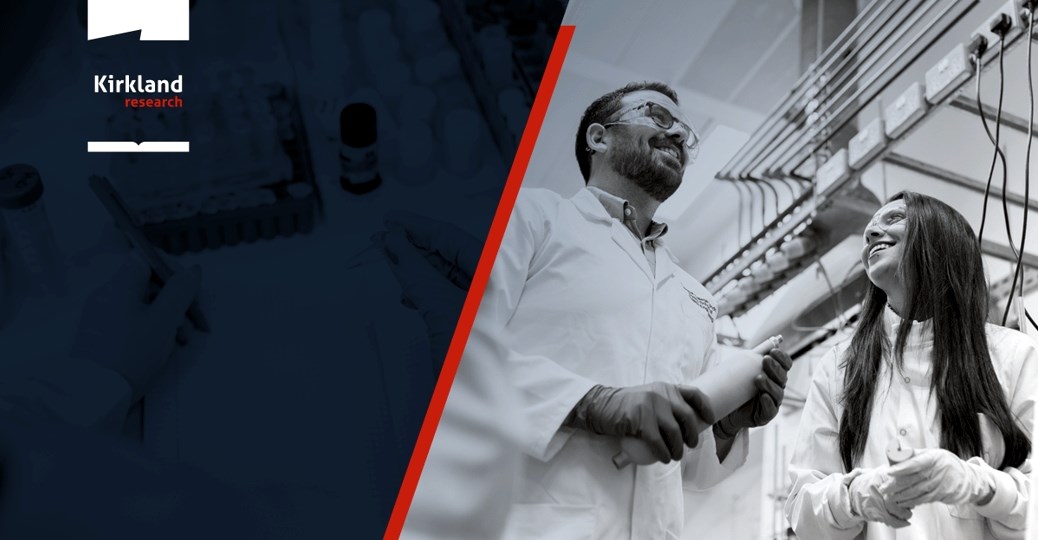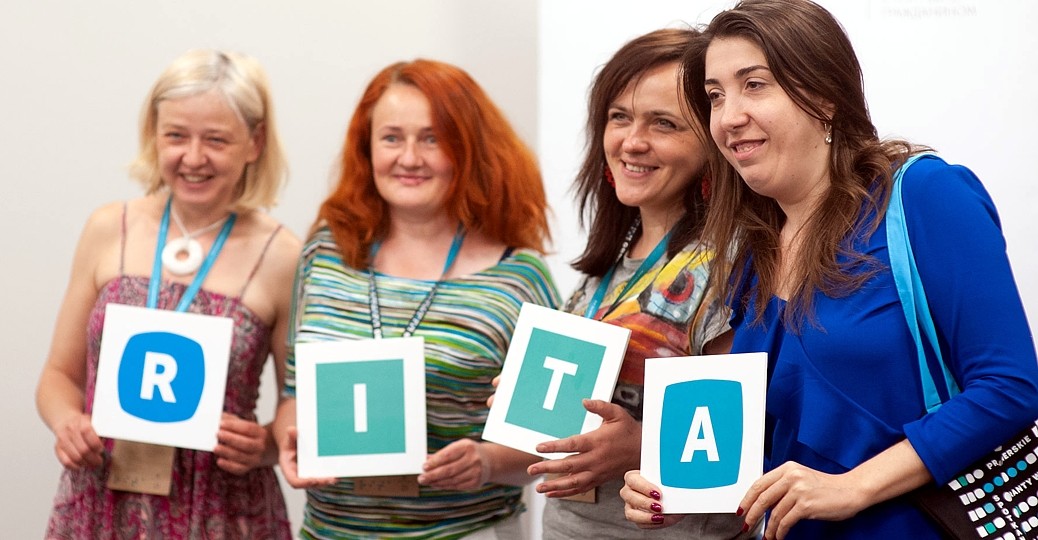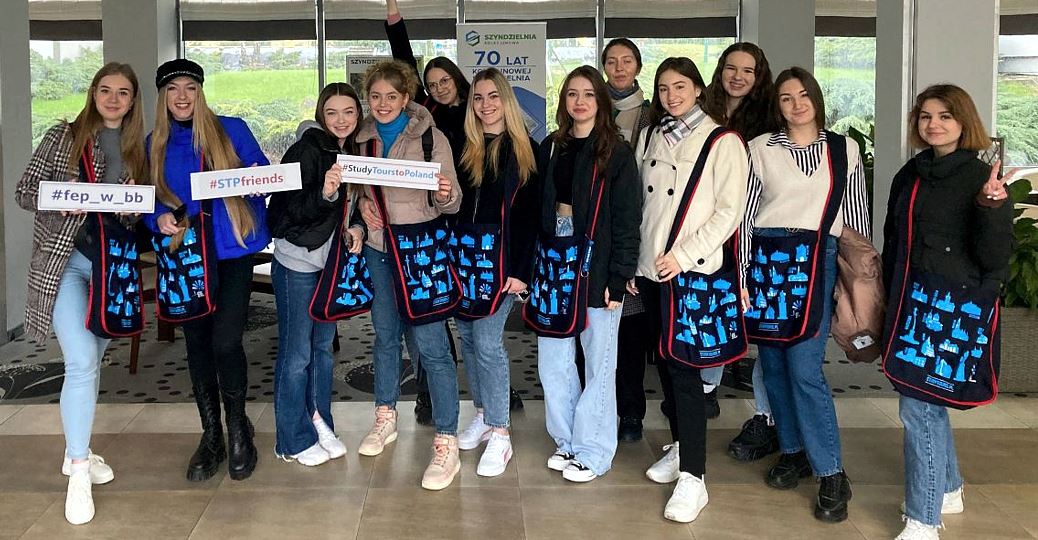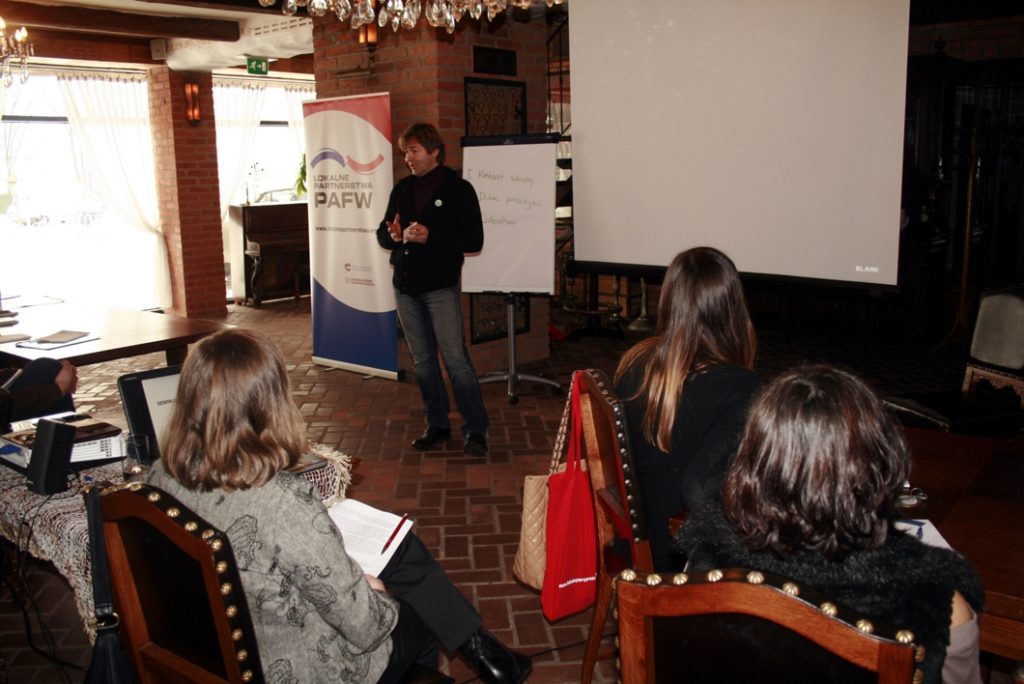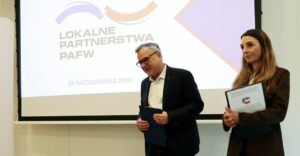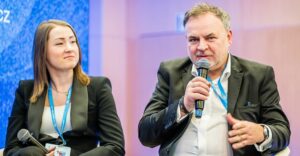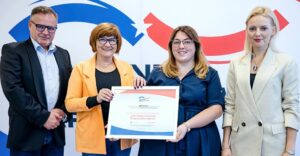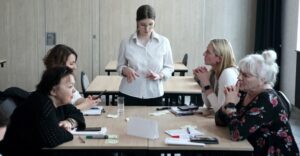The "Common Good Lab" pilot initiative is addressed to fifteen partnerships, operating in 30 communes with the engagement of more than 200 partners, established in the first two editions of the “PAFF Local Partnerships” Program. Almost 40 members of these partnerships met in Chotynia on February 22-23 to inaugurate the alumni initiative.
The participants in the meeting were both leaders of partnerships – the Act Locally Centers as well as representatives of self-governments, business, NGOs, schools, culture, sport and recreation centers. The meeting was also attended by Grzegorz Jędrys, Head of the PAFF Representative Office in Poland and Paweł Łukasik, President of the Academy for the Development of Philanthropy in Poland, which is the Manager of the “PAFF’s Local Partnerships” Program.
The “Common Good Lab” aims at popularization of local communities cooperation for the common good, propagation of local community animation method and strengthening of the existing partnerships. The participants in the initiative are offered access to information base, expert’s support, participation in study visits and meetings allowing for the exchange of good practices as well as a possibility to obtain mini-grants for educational and training projects.
The special guest of the event was Tamas Scsaurszki, Hungarian expert in civic participation and philanthropy in Central and Eastern Europe, former Program Director of Charles Stewart Mott Foundation for the Czech Republic, Hungary, Poland and Slovakia. At present he manages the Ferencvaros Community Foundation in Budapest.
Tamas Scsaurszki shared his experiences in local partnership operations and local funds development with the participants in the meeting. ‘It is of great importance that we do not work alone; we should look for partners from the very beginning of our undertaking; the chance for success is much bigger when we work with others,’ he said. Scsaurszki also emphasized an important role of leaders in the process of establishing partnerships. The role of a leader is to create a positive atmosphere for cooperation of people and institutions. Together with the participants in the meeting, Tamas Scsaurszki discussed what should be done to strengthen the partnerships’ stability and how to motivate their participants to keep on their cooperation.
The participants attended several workshops. Ewa Konczal, representative of Ashoka for Poland and Central Europe spoke about social animation methods applied worldwide, the nature of community influence and the potential of community building around a leader. Szymon Kukanow of Cha Cha Communications presented effective ways of building and managing Internet communities. Whereas Patrycja Rokicka and Marzena Kacprowicz of the Good Network Foundation spoke about gamification in the context of virtual and territorial communities building. They pointed to applicability of games mechanism in social actions, problem solving, boosting motivation and changing attitudes.
The meeting was summed up by Tomasz Schimanek, NGO and civic projects expert at the Academy for the Development of Philanthropy in Poland, who spoke about the process of initiatives planning under the ‘Common Good Lab’ and provided some practical examples.
The “PAFF Local Partnerships” initiate and develop cooperation between participants in various PAFF programs in order to establish partnerships that can carry out projects important to local communities. The leading motif involves efforts to achieve the common good. Communes where various PAFF programs were carried out establish partnerships comprising self-government, NGOs, business, and local media. The Act Locally Centers are their leaders.
In the present third edition of the Program, funds have been granted for the implementation of projects submitted by seven partnerships operating in 19 communes with participation of over 80 partners. The new partnerships are carrying out projects aimed at social space development, environment protection, development of a regional product, preserving regional cultural heritage and integration of the neighboring districts.


